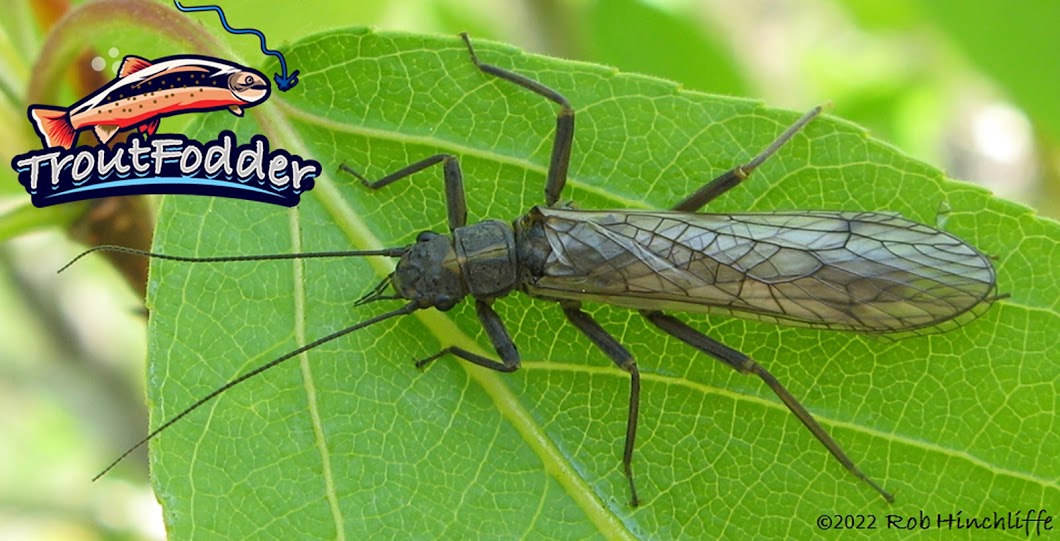Air bubbles have a unique way of catching the light and glittering like diamonds. For aquatic insects like backswimmers and water boatmen, that use trapped air bubbles to breath under water, sparkle can be more important than color. Silver tinsel and Krystal Flash are great body materials to work into any fly pattern tied to imitate these groups.
Additional Information
▼
Thursday, April 27, 2017
Monday, April 24, 2017
New Fly Fishing Film
I have posted the results of my latest film project to YouTube. The Last Cast is a short fly fishing documentary with no fancy gear, no epic drone shots, no trendy outfits; just real people talking about life, fly fishing, and the final cast.
Best enjoyed in HD...
Thursday, April 20, 2017
Friday, April 14, 2017
Early Season Bug Collecting
A little early season bug collecting for the Northern Lights Fly Fishers open house tomorrow (http://www.nlft.org/2017/03/26/april-15-open-house/)
Thursday, April 13, 2017
Zombies and Ghosts
When matching the hatch, choosing a fly color is not always as simple as matching the color of the naturals. For many species of fresh water shrimp (scuds) parasite loads of infected individuals can result in their natural colors fading to a ghost-like hue. Without the advantage of camouflage these ghost scuds are more prone to predation by hungry trout.
 |
| A typical olive scud |
 |
| A scud infected with Acanthocephalan parasites. |
 |
| The Blue Dun Scud |
 |
| An infected scud showing the typical orange spot along the back where the parasites have congregated. |












